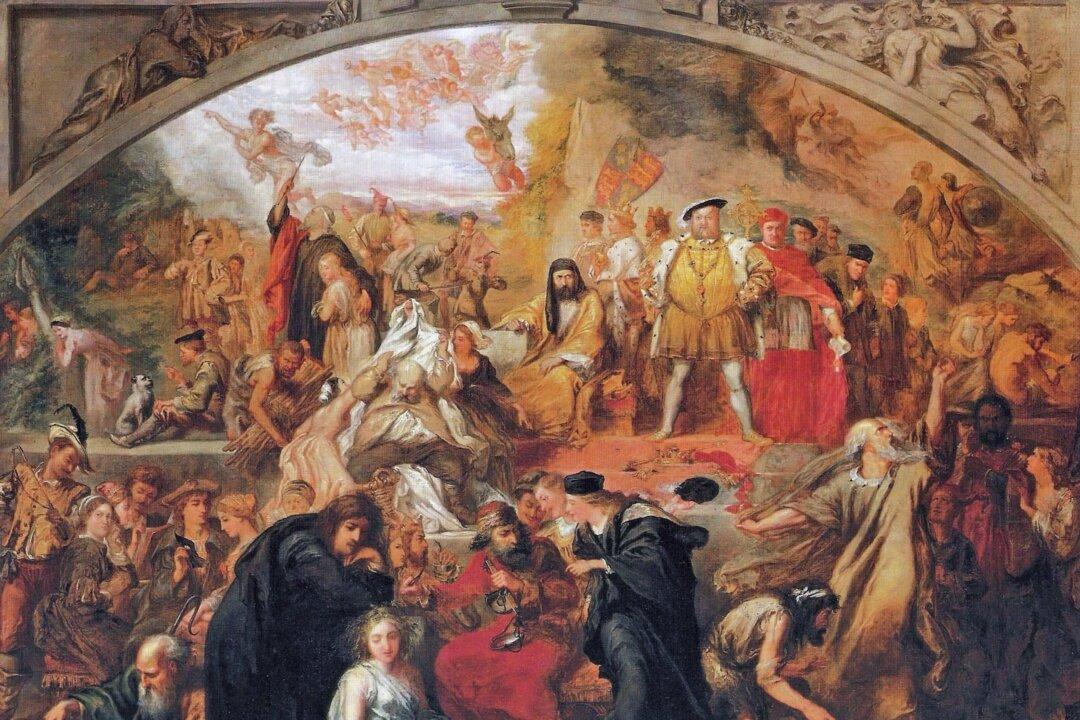Does anyone now remember what was highly significant in England, circa 1592–94? Or how about 1603–04? No? What about 1605–06? Historians among you might want to say that in 1603 Queen Elizabeth I died and James I ascended the throne. That was significant for England and Scotland, but that’s not the answer I am seeking. What I am thinking about here is the same event that occurred in all three instances, in other words, an event that was recurrent. And the answer is, of course, the plague.
Indeed, the plague was an annual visitor to England, and London in particular; but it was particularly acute in 1592–94, 1603–04, and 1605–06. And this had huge consequences for Shakespeare. For when the deaths reached 30 per week, the theaters were closed, and so effectively, it would seem, Shakespeare was out of his livelihood.






